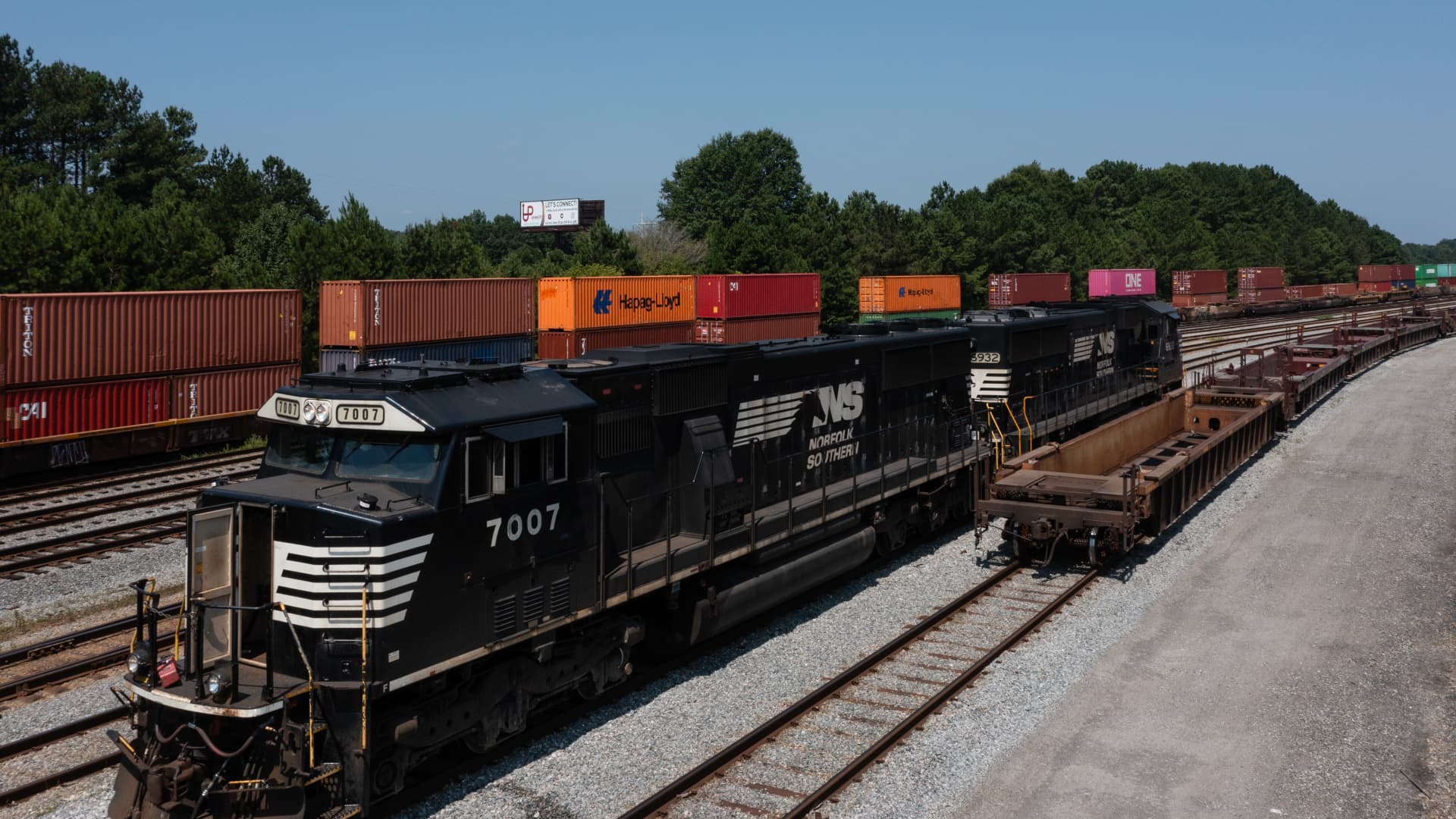Company: Norfolk Southern (NSC)
Business: Norfolk Southern is a railway company. It transports a variety of raw materials, intermediate products and finished goods in the United States.
Stock Market Value: $57.56B ($254.83 per share)

Activist: Ancora Advisors
Percentage Ownership: ~1.75%
Average Cost: n/a
Activist Commentary: Ancora is primarily a family wealth investment advisory firm and fund manager with $9 billion in assets under management, with an alternative asset management division that manages approximately $1.3 billion. It was founded in 2003 and hired James Chadwick in 2014 to pursue activist efforts in niche areas like banks, thrifts and closed-end funds. Ancora’s website lists “small cap activist” as part of its products and strategies, and its strategy has evolved in recent years. From 2010 to 2020, the majority of Ancora’s activism was 13D filings on micro-cap companies. In the past few years, the firm has taken a greater number of sub-5% stakes in larger companies. The alternatives team has a track record of using private and when necessary, public engagement with portfolio companies to catalyze corporate governance improvements and long-term value creation.
What’s happening
The Wall Street Journal reported on Feb. 1 that an investor group led by Ancora has taken a position in Norfolk Southern and plans to run a proxy fight to replace a majority of the company’s board and to replace the CEO, Alan Shaw.
Behind the scenes
Ancora is a $9 billion wealth advisory firm that has been using activism more often and has developed into an activist to be respected and feared. With an approximate $1 billion position in NSC, the firm likely has a partner who has shared in the investment and is relying on Ancora to lead the activist effort.
Norfolk Southern (NSC) is a Class I railroad operating freight trains in the United States. Railroads have been frequent targets of activist investors for many years with TCI at CSX, Pershing Square at Canadian Pacific, Mantle Ridge at CSX, TCI at Canadian National and now Ancora at Norfolk Southern. One of the reasons why railroads are so frequently targeted by activists is because they are relatively simple businesses. When they underperform their peers, it is easy to understand why and generally simple to fix.
Norfolk Southern has materially underperformed the markets and its peers over the past one, three and five years. When you see that in a railroad company, there is one key metric to look at, which drives railroad profitability and shareholder return: It’s the operating ratio. The operating ratio is the company’s operating expenses as a percentage of revenue. When Pershing Square and the late railroad veteran Hunter Harrison went to Canadian Pacific, CP had an operating ratio of 81% and Harrison was able to get it down to 64.7%. When Mantle Ridge and Hunter Harrison came into CSX, the company had an operating ratio of 70%, which Harrison was able to get down to 58.4%. NSC’s operating ratio is almost 69% and the right management team with the right strategy should easily be able to get the operating ratio down close to 60%.
The strategy that Hunter Harrison and his “cubs” have so successfully been able to implement is precision scheduled railroading, or PSR. This strategy prioritizes consistent, reliable, predictable service through scheduling and running fewer trains. It reduces switching costs, which also leads to fewer safety risks, and the move has worked pretty much every time it has been implemented. But, for some reason, NSC utilizes a resilience model that does not prioritize cost reductions; they are the only publicly traded Class I rail company that does not utilize the PSR strategy. Moreover, a resilience model enables more short-haul and lower margin intermodal transportation: This uses two modes of transportation, like rail and truck or rail and water. Under a PSR strategy, the company would also be able to improve its transportation mix to more higher margin routes and merchandise categories.
There is no need to reinvent the wheel here; the roadmap has already been drawn at Canadian Pacific and CSX. Ancora is likely to follow the same strategy here. First, get a majority – or close to a majority – of the board. Second, bring in a CEO with experience successfully implementing a PSR strategy. Ancora is nominating a majority slate of directors that include former Ohio governor John Kasich and former Kansas City Southern executive Sameh Fahmy. The firm will likely include at least one Ancora representative on the slate who we would expect to be Jim Chadwick, signaling Ancora’s commitment to be a long-term shareholder here. Just because the firm is nominating a majority slate does not mean that there is no room for settlement below a majority. Ancora does not need a majority of the board to be successful here. At Canadian Pacific, Pershing Square got less than a majority. At CSX, Mantle Ridge got five of 13 directors. But the key element in both of those situations is that the CEO was replaced. That is something that we believe will have to happen here for Ancora to be successful.
We would expect to see the company come to the table for settlement discussions, but short of a settlement, we have no doubt that Ancora will take this to a proxy fight and win. Inside the activist world, and among investors who were shareholders of Canadian Pacific and CSX, this is as sure of an activist strategy as there is. Three of NSC’s top shareholders are also former investors of CSX when Mantle Ridge created so much value for them with this strategy. Further, there are several other hedge funds that own NSC, and we would expect them to support Ancora’s director slate.
Ken Squire is the founder and president of 13D Monitor, an institutional research service on shareholder activism, and the founder and portfolio manager of the 13D Activist Fund, a mutual fund that invests in a portfolio of activist 13D investments.
